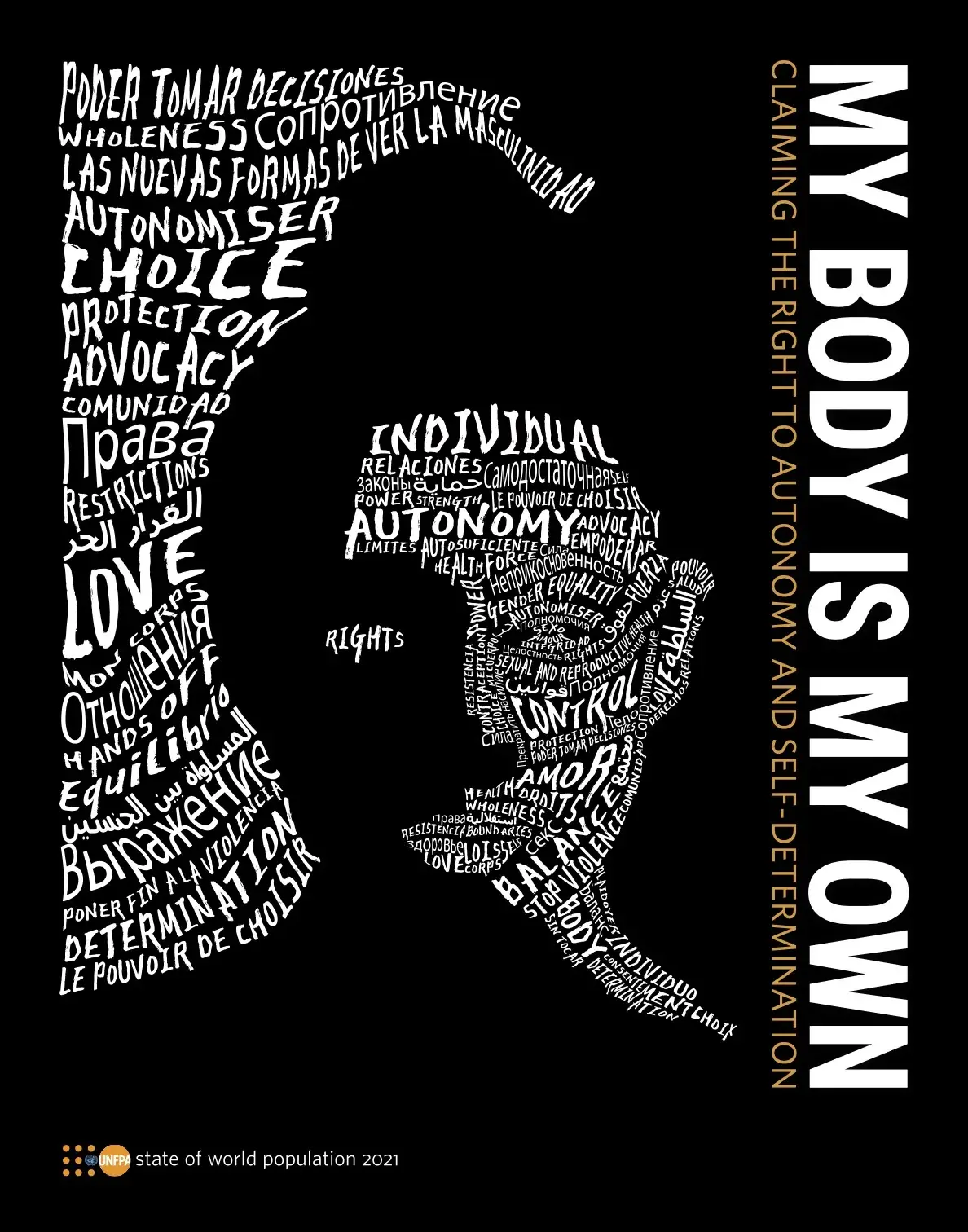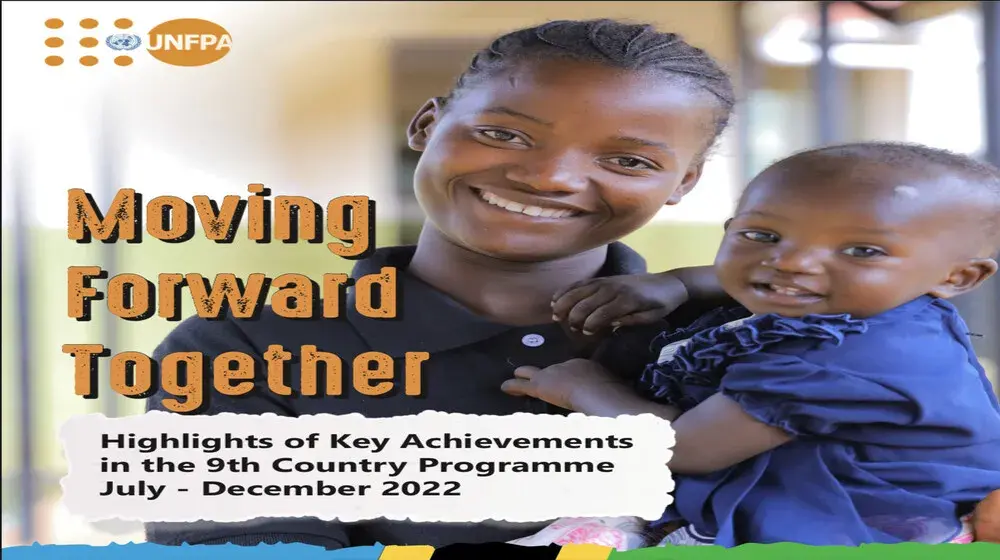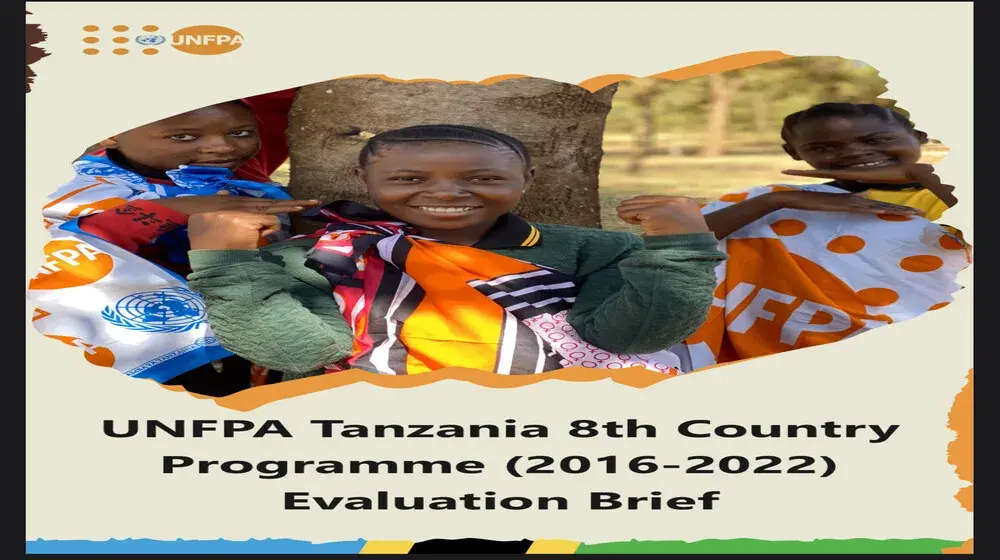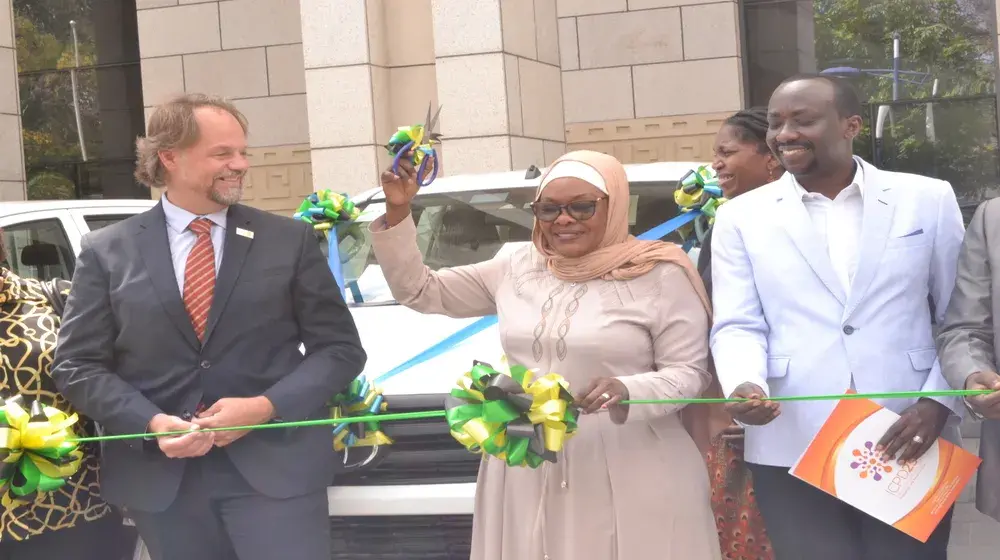The 2021 State of World Population report marks the first time a United Nations report focuses on the power and agency of individuals to make choices about their bodies without fear, violence or coercion.
The report examines data on women’s decision-making power and on laws supportive of sexual and reproductive health and rights. Tragically, only 55 per cent of women have bodily autonomy, defined as their ability to make their own decisions on issues relating to health care, contraception and whether to have sex.
The report also highlights the legal, economic and social barriers to securing bodily autonomy for all. Twenty countries or territories, for example, have “marry your rapist” laws that allow perpetrators to escape punishment if they marry their victims, codifying the denial of autonomy experienced by survivors of rape. But some of the most persistent barriers to bodily autonomy involve stereotypes, assumptions and misconceptions about bodily autonomy and the rights of women and girls.





